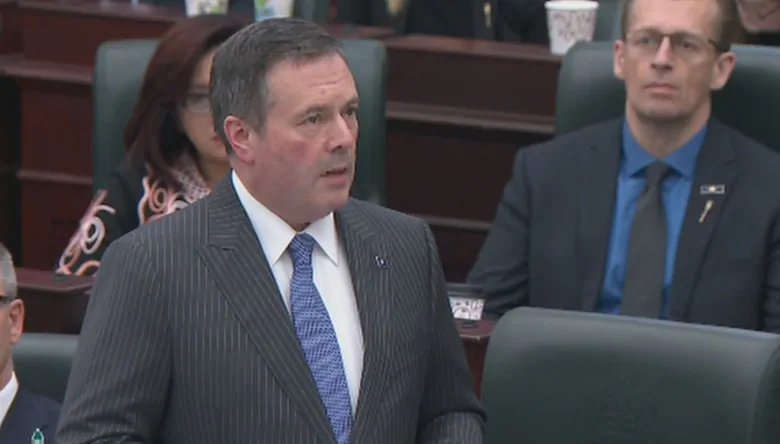Canada and U.S. in 'close contact' amid oil price rout, Freeland says

Canada has been in “close contact” with the United States about the oil price shock that’s battered North America’s energy sector, Deputy Prime Minister Chrystia Freeland said Thursday.
But Freeland did not say whether Canada would consider participating in a global co-ordinated effort to curb oil production if such an agreement were proposed.
“Let me just say that this is a very fast-moving situation,” she told reporters. “The current situation in the global energy markets is something that we’re very concerned about.”
Freeland said it’s too early to say how the situation will develop, but added, “we’re very closely engaged.”
She also said Canada has been in “very close contact” with the United States.
Her comments came the same day U.S President Donald Trump said he had brokered a deal with top crude producers Russia and Saudi Arabia to reduce output.
Trump said the two nations could cut output by 10 to 15 million barrels per day — an amount representing 10 to 15 per cent of global supply, and one that would require the participation of nations outside of OPEC and its allies.
Russia and Saudi Arabia have been at odds since early March, when the two nations failed to agree on a deal curbing output as the coronavirus spread around the globe.
The pandemic has worsened since, freezing economic activity and sending oil prices into a tailspin.
Global oil demand is expected to fall by about 30 million barrels per day in April, or about one-third of daily consumption. The immense decline in demand sent oil prices to their lowest levels since 2002.
Saudi Arabia called Thursday for an emergency meeting of OPEC and non-OPEC oil producers, an informal grouping known as OPEC+, state media reported, saying it aimed to reach a fair agreement to stabilize oil markets.
One source with OPEC+ told Reuters that initial talk among the group was about how other large producers such as Canada and Brazil would need to join in any co-ordinated output cuts.
Many Canadian oil producers have already slashed their spending plans for 2020. Production cuts have followed as storage capacity fills up.
Freeland told reporters Thursday morning she was aware of the reports regarding OPEC.
“We have been concerned for some time about the ways in which the actions of Russia and Saudi Arabia have disrupted the world energy market,” she said.
“That has had grave consequences for the Canadian energy sector and for the Canadian economy more broadly. And that is something we are really focused on.
“Canada has been in very close contact with the United States about this issue.”
Freeland said she has spoken with U.S. Secretary of State Mike Pompeo. She’s also been talking to Alberta Premier Jason Kenney, whom she spoke with Wednesday night about “many things,” including the global energy market.
She said Kenney’s conversations with U.S. officials have also have been “very helpful.”
Speaking before the legislature in Edmonton, Kenney said he’s begun discussions with members of the U.S. Congress, state governors and major energy producers about the prospect of a co-ordinated North American energy policy.
Such a policy would mitigate the damage of predatory dumping, he said, pointing a finger at Russia, Saudi Arabia and OPEC.
“Elements of such a co-ordinated policy could include a co-ordinated Canadian-U.S. import tariff on foreign oil,” he said.
“Another policy that we must be open to would be a co-ordinated forum of production curtailment across North America.”
Alberta curtailed oil production last year in a bid to clear a regional oil glut. He said further curtailment by Alberta alone to address the current price slump would be pointless if America refused to do the same.





